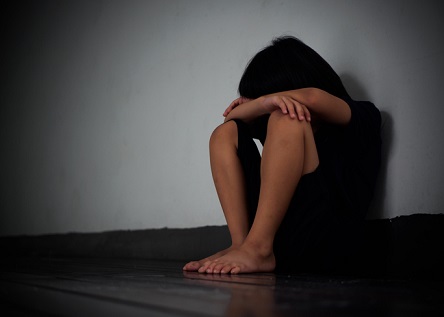
In a report on school bullying by the National Human Rights Society (Hakam), education experts and NGOs fear this could result in government overreach.
Psychologist Goh Chee Leong said mandatory regulations for schools to address bullying would be insufficient by themselves.
“If a school lacks the motivation and spirit to actually address bullying head-on then often a state mandate will have minimal positive effect, only complying with the letter of the law at a superficial level,” HELP University psychologist told the Malay Mail.
“We must remember that culture cannot be legislated, and that it is crucial for schools to foster a cultural change where bullying is unacceptable. Superficial campaigns and programmes are unlikely to make a dent on this social phenomenon.”
Goh also said the rates of reported cases of bullying tend to drop in schools which do not pay sufficient attention to bullying or otherwise do not take it very seriously.
Cempaka Schools founder Datuk Frieda Pilus said the state can play its part by providing a platform for schools and teachers to achieve their goals without being a primary stakeholder.
Citing her organisation as an example, Pilus said Cempaka students are educated on what is and is not acceptable behaviour for treating others from a young age.
“Overall though, it is preferable to develop students’ empathy and show them what it would feel like to be on the receiving end, rather than invoke purely punitive measures. As a result, throughout our four campuses, no students have been expelled for any bullying-related behaviour,” she said.
However, the Parent Action Group for Education (Page) noted that most schools lack any set structure on how to respond to bullying and instead rely on ad-hoc reactive procedures where established policy guidelines were not necessarily followed.
“Consequently, students do not know what to expect as a response to bullying, nor does it necessarily encourage them to report incidences of bullying,” the group said.
Parents and educators have recently stepped up to demand that the authorities criminalise bullying as an offense.
This follows two major incidents last year which resulted in the deaths of the victims.
Related stories:
CCTVs in schools: A bane or a boon?
Minister denies threatening teachers’ jobs


